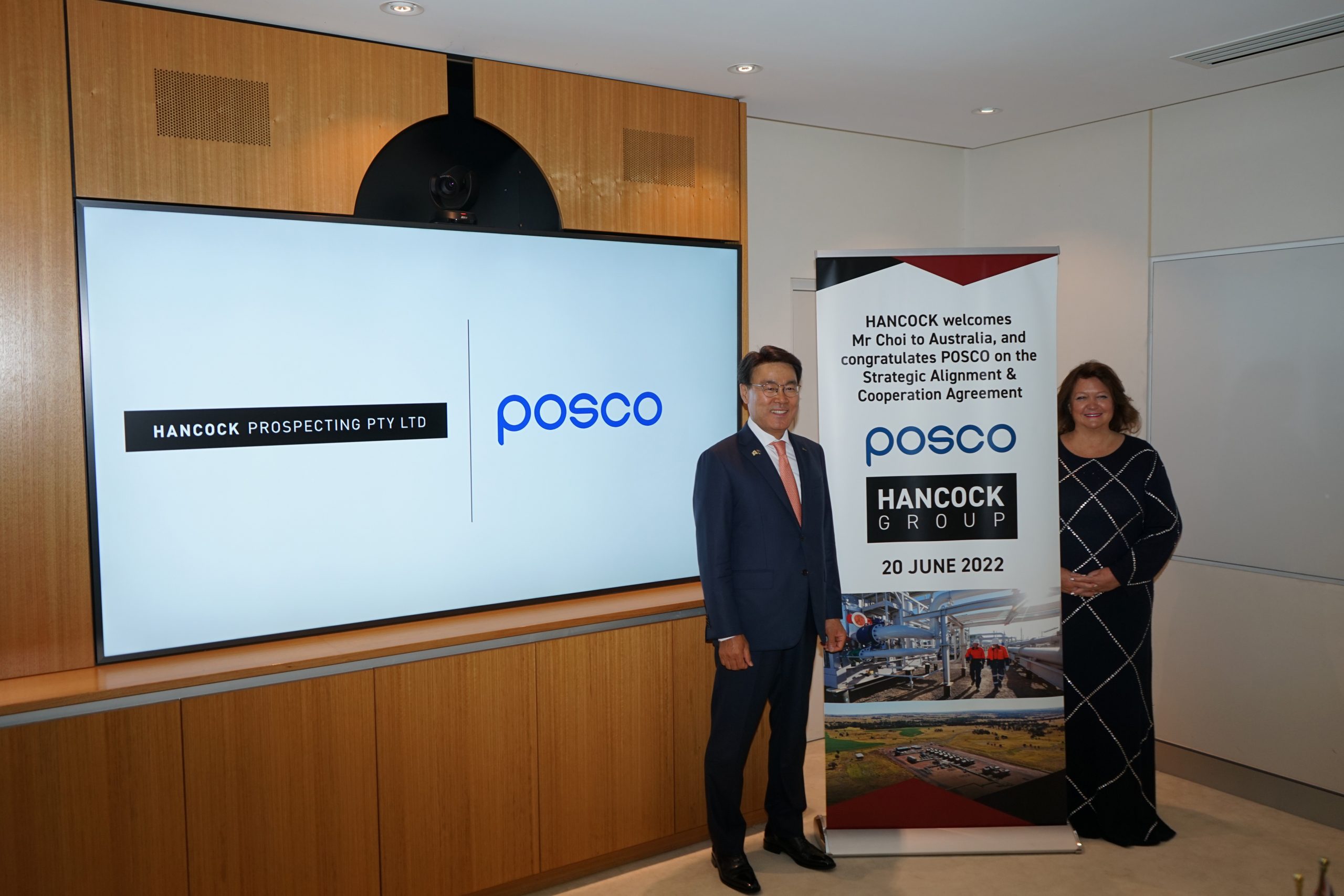MinRes flips lithium assets for cash as POSCO steps in
Mineral Resources (MinRes) has agreed to sell a 30% stake in its lithium business to South Korea’s POSCO for US$765 million, forming a new joint venture encompassing its 50% interests in Wodgina and Mt Marion mines, strengthening its balance sheet amid a weak lithium-price cycle.

Australia’s Mineral Resources (MinRes) has struck a major deal by selling a 30% stake in its lithium operations to South Korea’s steel-and-battery-materials giant POSCO for US$765 million. The arrangement creates a joint venture owning MinRes’ existing 50% interests in the Wodgina and Mt Marion lithium mines. This gives POSCO effective 15% interests in each asset while MinRes continues as operator.
The timing and rationale are crucial. MinRes has been under pressure from a historic drop in lithium prices (spodumene peaked at over US$6,000/tonne in 2022, later dropping near US$610/tonne) and heavy capital spending, especially on its Onslow Iron haul road project. At the time of announcement, MinRes held about AUD 5.3 billion in debt and posted a large annual net loss. The sale injects much-needed cash to repair the balance sheet and reduce leverage.
From POSCO’s perspective, the deal provides access to high-grade Australian lithium mines and supports its downstream ambitions in battery-materials. With the joint venture, POSCO secures a footprint in the mining side of the supply chain rather than simply sourcing chemicals. For MinRes, retaining operational control while monetising a portion of its assets is a strategic compromise: deleverage while maintaining exposure to future lithium upside.
Nevertheless, the deal also raises questions. Valuation: the transaction implies the MinRes half-stakes at Wodgina and Mt Marion are worth roughly US$3.9 billion – substantially higher than analyst consensus. Whether that premium is justified depends on future lithium demand, ore grades, production ramp-up risks and global supply chain shifts (e.g., EV demand, Chinese competition). Moreover, entering such deals amid a weak commodity cycle means MinRes may claw back less upside if the market rebounds strongly. The structure also underscores that Australian producers may have to cede ownership or control to strategic international partners to secure financing and off-take assurance.
In the bigger picture, this transaction reflects the maturation of the lithium industry: beyond hype and rapid build-out, companies are now focused on operational discipline, capital management and partnerships. MinRes’ deal hints that the “build first, ask questions later” era is giving way to a more balanced approach: monetise early, collaborate broadly, and specialise in operations. This could set a precedent for other Aussie lithium miners navigating a more volatile demand environment.





